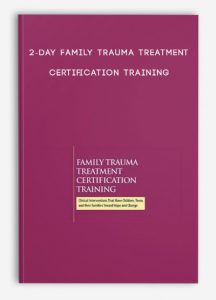
2-Day Family Trauma Treatment Certification Training
Description:
When children and adolescents are exposed to trauma it affects everyone in the family.
And without addressing the entire family system in treatment, the progress you make in sessions can quickly evaporate when kids and teens leave your office and return to the dysfunctional and negative patterns of their home life.
Now with this new comprehensive 2-day certification training you can go beyond individual therapy and get an accessible roadmap for integrating the entire family into trauma treatment for results that last.
Full of ready to use tools, specific clinical interventions and expert practice tips, you’ll finish this training feeling ready and capable to empower families to work together and heal!
When you register you’ll get everything you need to:
Skillfully get parents and caregivers on board with being part of treatment
Establish the physical and emotional safety necessary for effective therapy
Make and maintain progress by teaching caregivers to respond to trauma driven behaviors
Overcome the defenses, deflections and frustrations that can keep families from healing growth
Help families improve communication, set healthy boundaries and rebuild trust
And much more!
Best of all, you can add a valuable certification to your resume and become a Certified Family Trauma Professional (CFTP) through Evergreen Certifications upon completion of this training at no additional cost to you!
Don’t miss this chance to bring greater healing and lasting positive change to your young clients without the frustrations of lost progress when they head home. 2-Day Family Trauma Treatment Certification Training
Outline:
How Trauma is Created and Maintained in Families
Neurological substrates and sources of trauma
Trauma as a disruption of trust
Personal innate resiliency
Impacts on family culture
Responses of the people around the person experiencing the trauma
Maintenance of trauma effects (re-traumatization, dismissive of actual trauma, ignorance)
A Systemic Approach in Trauma Treatment:
How Treating Families Instead of Individuals Improves Outcomes
Families as the source of healing for trauma
Create secure connections and increase resiliency
Build trust as it relates to anxiety, fear, threat
Bowenian Family Therapy, Emotionally Focused Family Therapy and other systemic models
Research, risks and treatment limitations
Stabilize Families for Treatment with Safety Planning:
A Clinician’s Guide to Establishing Physical and Emotional Safety
Risk Assessments
Systemic Safety Planning
How to customize the safety plan
Managing physiological responses
Integrating with treatment
Early Session Strategies to Enhance Family Engagement
When it’s a bad idea to include the whole family
Assessing for DV and other risks
Use family sculpting to reveal family dynamics
Working individually in order to work systemically
Games and activities to:
Assess a child’s self-esteem and world view
Increase open communication
Identify themes to be explored in future sessions
Family System Self-Regulation:
Coping Skills to Modulate Emotions and Trauma Responses
Implementation
How to notice warning signs early
Using coping skills for calm
Identifying primary emotions
The Key to Making and Maintaining Progress:
Teach Caregivers to Depersonalize and Better Respond to Trauma Driven Behaviors
Identifying reactions
Scripts
Case studies
Role-plays to ensure proper implementation
Solutions for Defenses, Deflections and Frustrations:
Effective Strategies and Interventions to Overcome Resistance and Help Families Grow
Preparing families for resistance to growth
Tips for reframing the problem as the solution
Effective ways to deal with deflection and defenses
The difference between deflection, projection, and transference
Ego defense mechanisms or personality disorder?
FAIR intervention to mitigate frustration
Three phases of family growth (Protect, Prepare, Participate)
The Trust and Connection Toolkit:
How to Improve Communication, Set Healthy Boundaries and Rebuild Trust
Practical tips for educating families on boundaries
The House Metaphor for understanding boundaries
Reinforcing boundaries after setting them
Boundaries vs rules – the benefits of agreements vs. control
Rebuilding trust – what works and what doesn’t
Trust Equation – an online assessment
Shame, Guilt and Judgement in Family Trauma Treatment:
Exercises to Facilitate Forgiveness, Build Empathy and Move Families Forward
Addressing shame in family systems
Overcome the impact of survivors’ guilt on families
How family members can stop “shoulding” themselves
The Forgiveness Triangle (Empathy, Grief, Meaning)
Exercises to facilitate the forgiveness of self
NLP online course
So what is NLP?
Firstly, NLP stands for Neuro-Linguistic Programming. Secondly neuro refers to your neurology;
Thirdly linguistic refers to language however, programming refers to how that neural language functions.
As a result,In other words, learning NLP is like learning the language of your own mind!
Moreo


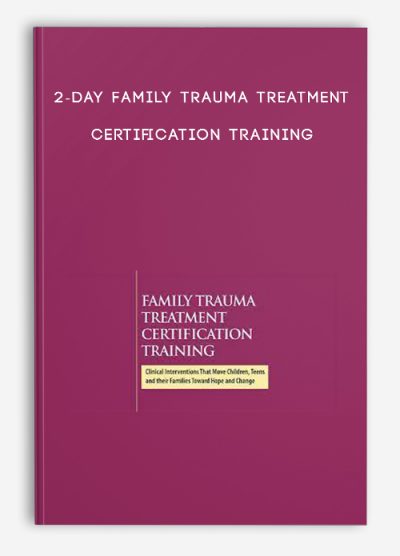
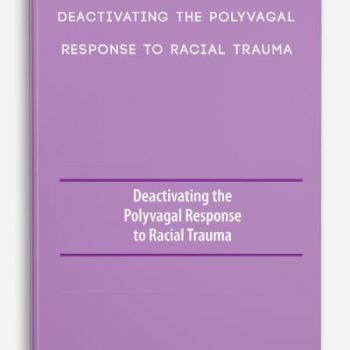
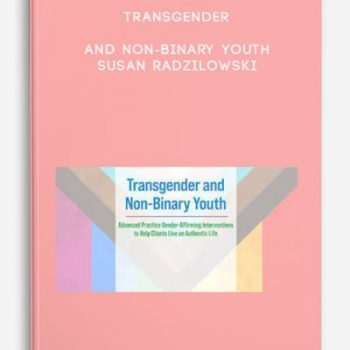



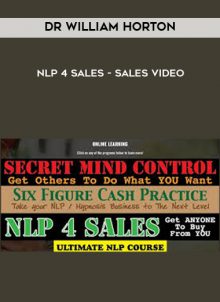
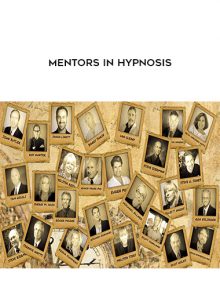

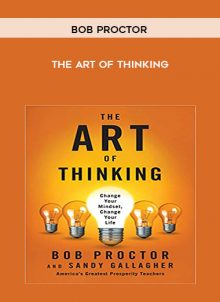

tristian –
This is Digital Download service, the course is available at Vincourse.com and Email download delivery.